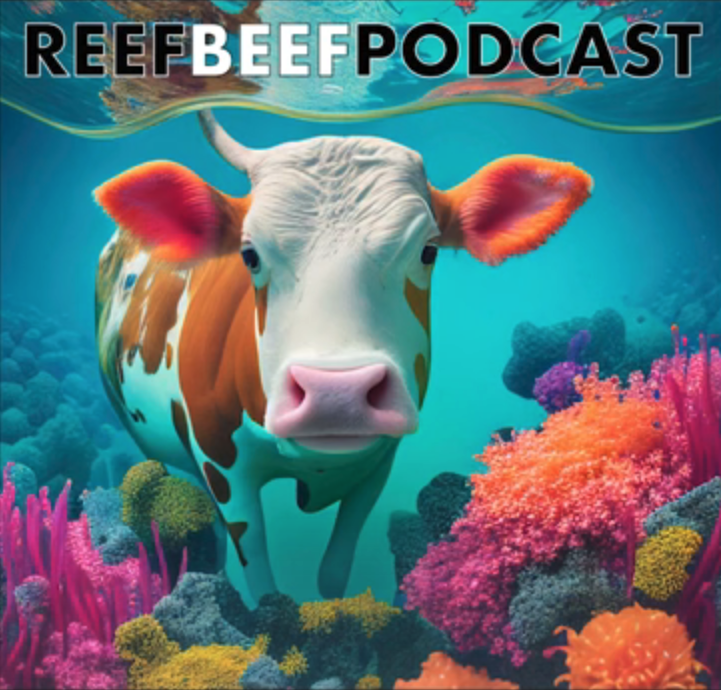1. Home aquarists and scientists agree- cephalopods can be really hard to keep alive in a captive environment. They require a very clean, stable seawater system, escape proof lids (for octopus), and they are picky eaters. Keeping one can be expensive, and feeding one can be expensive.
2. While some countries have strict collecting laws, many tropical animals are collected from the wild using irresponsible and illegal methods such as poaching, habitat destruction (smashing coral to catch the target animal) and/or “cyanide fishing”. Cyanide fishing involves squirting cyanide into the reef and breaking coral to dig out the poisoned, stunned animals. It kills coral, other invertebrates, and fish. Ask your aquarium shop for tank-raised animals.
3. It might be deadly. Blue-ringed octopuses are deadly. There is no anti-venom for their bite. Other octopuses are so poorly known that we don’t even know how dangerous they might be. Relatives ofAbdopus aculeatus have a poison in their bodies that’s similar to TTX, the poison in blue-ring venom (Robertson et al. 2004 Toxicon 44: 765). Striking animals like “Wunderpus” and the “Mimic” might be highly venomous. It appears that the tissue of the “Flamboyant” cuttlefish is toxic. You don’t want to be the one who finds out.
4. It might be rare, so taking a wild animal might put those cephalopod populations at risk.
5. It might try to crawl out. Octopuses are well-known for their abilities to escape aquaria. Intertidal species are notoriously hard to keep in a tank. If it goes walkabout when you’re not looking, then you will find a dead octopus on the floor the next morning, or behind the couch in two years.
6. It might eat your other pets. Crabs, clams and sometimes snails are not safe from the voracious appetite of a cephalopod. Often fish will most likely either eat your cephalopod or be eaten by your cephalopods.
7. They don’t live very long, most species only about a year. By the time you get your tropical cephalopod, it may be an adult near the end of its live span. You’ll be lucky to keep it alive for a few months.
8. Exotics
Even experienced ceph keepers with mature tanks should think long and hard before obtaining these species. Their needs are resource intensive, specific, and not yet fully understood. Perhaps more importantly, the size and health of their wild populations is unknown.Even the sharing of information, photos and video of these animals can be controversial. Some fear that detailed information and attractive photos may encourage inexperienced saltwater aquarists to obtain specimens. Personally, I believe that knowledge should be freely available. I also believe that the admiration of a species can be of benefit to its preservation in the wild rather than its detriment. Furthermore, it is my hope that the information on the site will empower aquarists to make sound, rational decisions regarding the advisability of keeping these very difficult animals.With permission, this list is based heavily on (in fact, some of it outright copied from) a similar list by Christine L. Huffard, Ph.D.
Things to think about before you buy a cephalopod

Rich is co host of the irreverent Reef Beef Podcast, the podcast that is like hanging out in the conference hotel lounge on Saturday night after the show has closed for the day. See and listen on youtube or any podcast source.